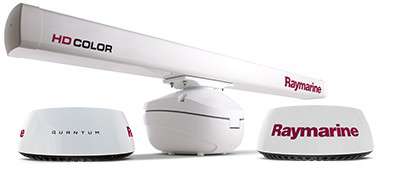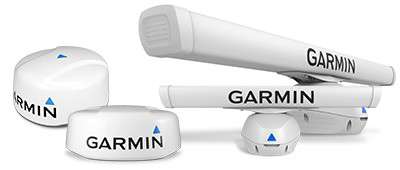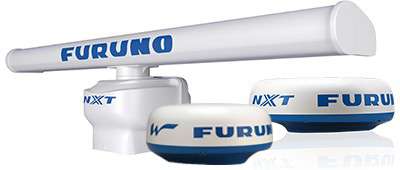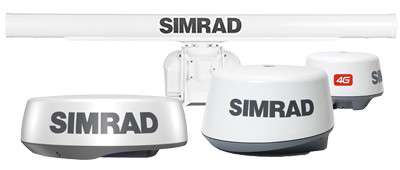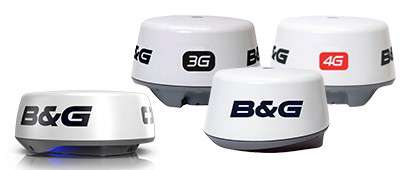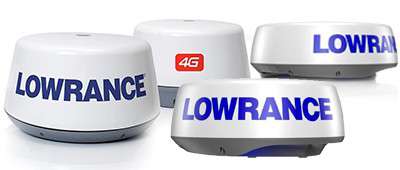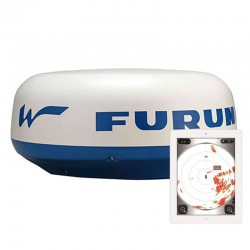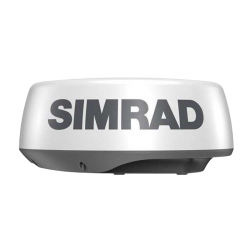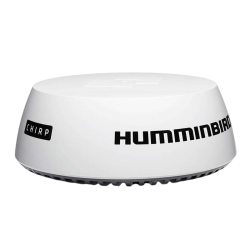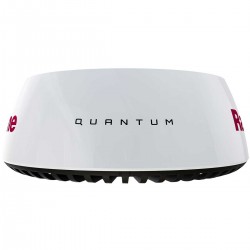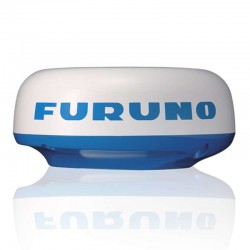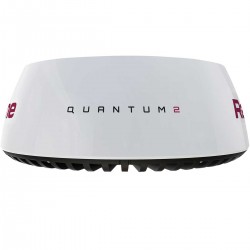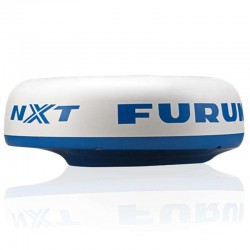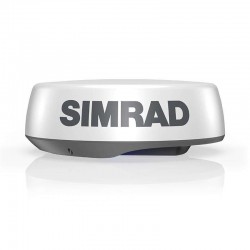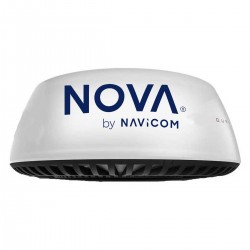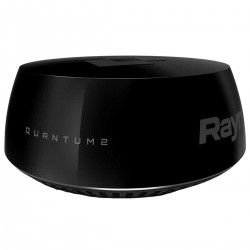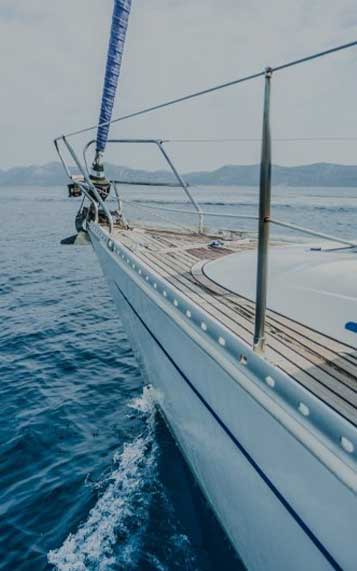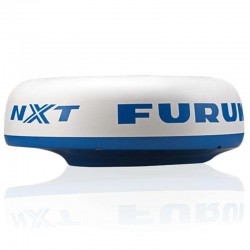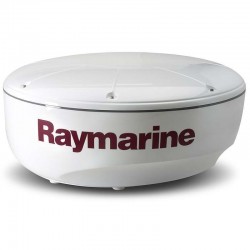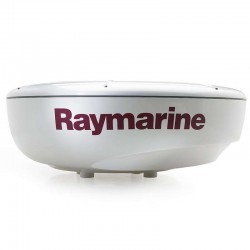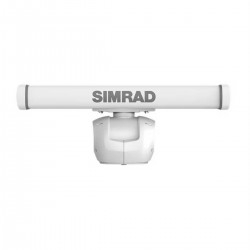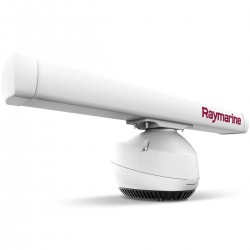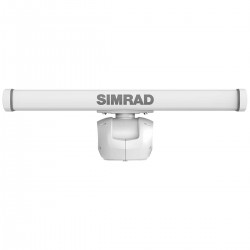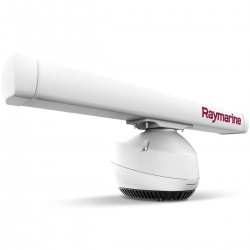- -€265.92
Radar antenna
The antenna is a transponder that transmits and receives electromagnetic waves, and is a key component in radar operation. To navigate safely when the fog lifts or conditions become difficult, choose a suitable radar device to guide your boat. Comptoir Nautique offers a selection of radar antennas, find your favorite brands, Simrad, Raymarine, Lowrance, Garmin, Furuno..
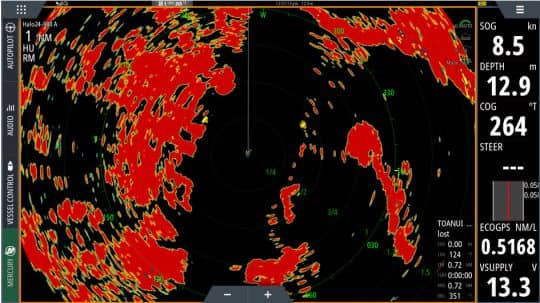 |
Radar, a safety deviceClear weather and sunshine aren't always on your side when you're out at sea. When fog sets in, night falls or visibility decreases, keeping on course and avoiding obstacles becomes less obvious. A radar system is essential for safe navigation. Other boats, obstacles and objects become easier to avoid. This nautical equipment is indispensable if you're sailing close to other boats. Among the many components of a radar system, the antenna is an essential element for sending and receiving waves. Choose carefully! |
What is the role of the radar antenna?Radar technology uses the echoes of emitted electromagnetic waves to determine the distances and positions of surrounding objects. These short waves are emitted by the antenna installed on the boat. The antenna is one of the most important parts of a radar. When they encounter an obstacle, the pulses are reflected and sent back to the receiver (often located in the same place as the transmitter). The electronics then calculate the target's distance and displacement vector, to give speed and heading. Thanks to the continuously rotating radar antenna, obstacles such as buoys, ships, icebergs and jetties are detected over the entire horizon, giving you a 360-degree view for maximum safety. As a component of the electronic system that makes up the entire radar, the antenna provides information on the speed and distance of objects. |
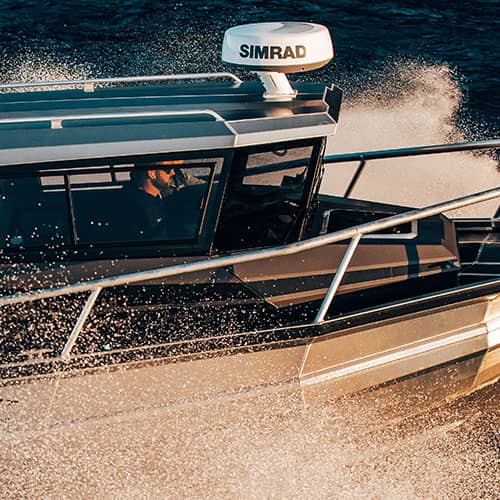 |
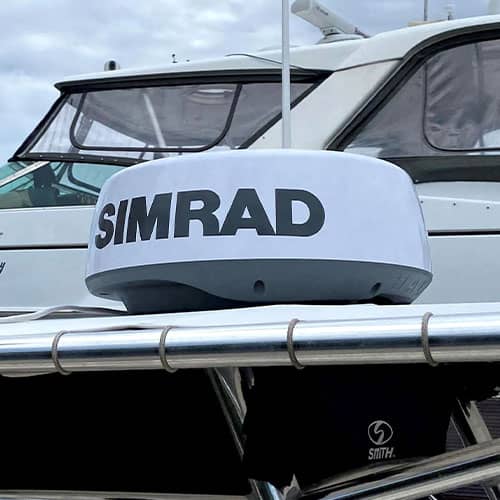 |
How to optimize the operation of a radar antenna?To optimize range, the radar antenna is positioned as high as possible on board, on the upper part of the boat. On a sailboat, radome antennas are mounted on a bracket on the front of the mast. Steerable brackets are often preferred, as they maintain the antenna's performance by keeping it horizontal. Since it rotates on itself, the radar antenna offers a wide and complete spectrum. A radar antenna can be connected to the plotter via an interface or ethernet cable. Some models work with a separate power cable, while others operate via WiFi (wireless radar antenna). If you choose an antenna as a stand-alone component, be sure to check its compatibility with the rest of your equipment. You should also consider the location of the antenna to avoid blind spots as much as possible, and choose the most open spot. The positioning of the antenna allows you to adjust its range. Now you can enjoy safe sea outings with your radar system and antenna! |

